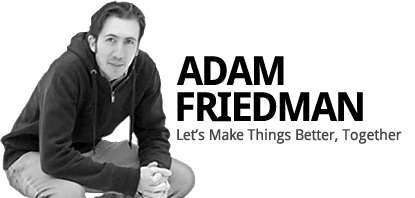Drugs have become the centerpiece of poverty and social dysfunction in the United States, but the scourge comes not from drugs’ potential for harm on users and their families, but from the harm reigned down on users, their families, and the taxpayers who have spent decades funding one of the most abject failures of modern American law: the War on Drugs.
Anyone interested in forming an opinion on whether drugs (and which drugs) should or should not be legalized should spend time exploring the relevant history. One helpful study is Prohibition, the three-part documentary by Ken Burns (available on Netflix here).
The film drives home a stark cause-and-effect that foreshadows the War on Drugs today. In January of 1920, the 18th Amendment to the US Constitution was enacted, and with it, a wholesale ban on the import, export, transport, and sale of alcoholic beverages. Once the law changed, a number of terrible byproducts erupted — a new criminal underworld; bloody gangster turf wars; and epidemic bribery of local, state, and federal government officials. The majority of urban Americans flouted the laws with abandon, the courts became drowned in prosecutions of petty alcohol possession and bootlegging, and the whole country, it seemed, was transformed into “a nation of scofflaws.” The very Member of Congress who introduced the Volstead Act — the bill that carried out the intent of the 18th Amendment — was later found running an illegal bootlegging operation of his own.
This history speaks volumes about today’s legal matrix of drug enforcement and imprisonment; today’s violent gang wars; all that continue to destroy families and squander billions in our tax dollars. This is the Prohibition of today and it is abjectly broken. It is our collective sick joke. Prison recidivism is 80%. Families stay impoverished, uneducated, and socially ostracized for generations. Drug addicts who self-medicate due to mental illness or trauma (the vast majority) are piled into cages (they now make up about half of our nation’s prison population), pushing them deeper into depression.
We need to do things differently. We need to open our eyes to nations forging new approaches, like Portugal, which decriminalized all drugs and saw addiction rates drop by 50%. We need to support groups like Law Enforcement Against Prohibition, who are working tirelessly to make the case for radical reform, basing their arguments on history and their own experiences as cops, whose heroic efforts “to protect and serve” collapsed into the ongoing farce of locking people up for little bags of dope.
If we decriminalize drugs and divert our taxpayer dollars away from enforcement and imprisonment and onto addiction treatment and therapy, we will see an incredible convergence of benefits. We will clear the logjam in our courts, keep fathers out of prison, free up cops to solve actual crimes, raise billions in new taxes on the sale of regulated drugs, deflate the violent gang culture whose existence depends on illegal drug markets, and refine our drug rehabilitation efforts to rapidly heal addicts back to self-sufficiency. Essentially, we will power a rising tide of hope and harmony that will permeate throughout our civilization and lift us all.

